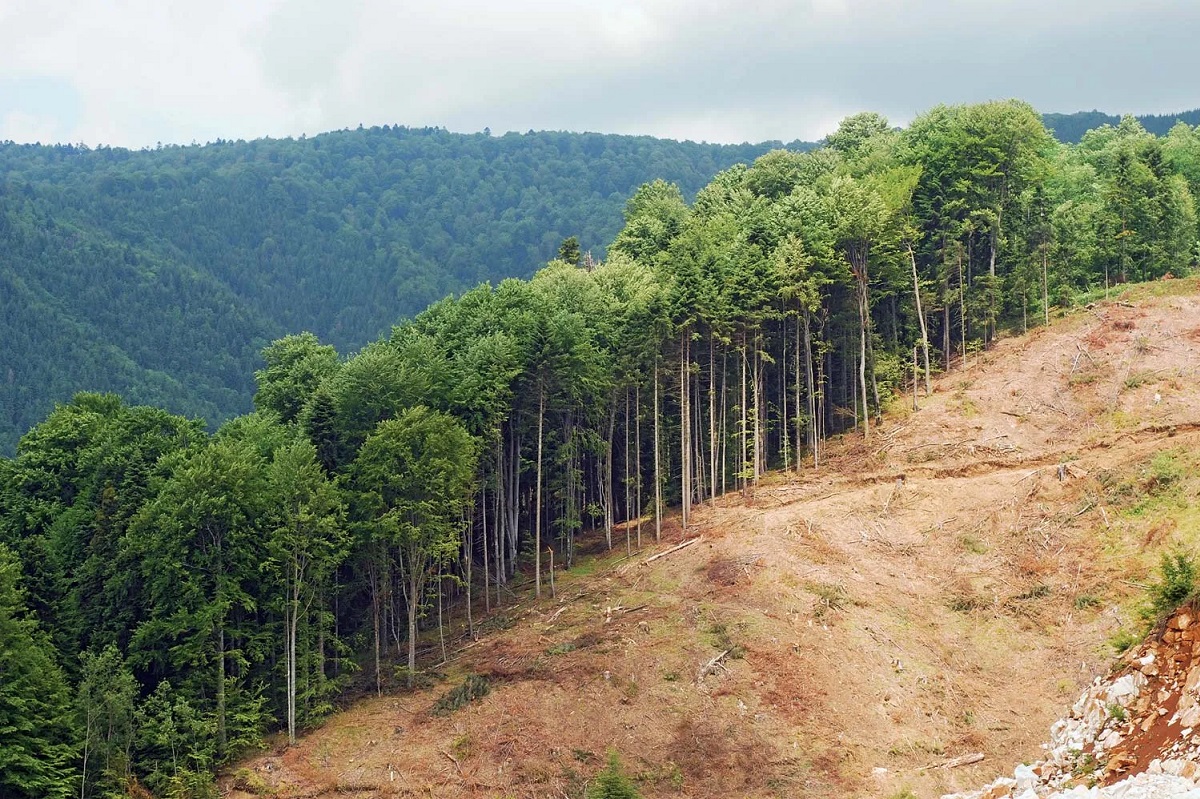11 Dec 2024

Tired Earth
By The Editorial Board

More than 85% of the world's bird, mammal, and amphibian species live in mountains, particularly in forest habitats, but researchers report in the journal One Earth on March 17 that these forests are disappearing at an accelerating rate. Globally, we have lost 78.1 million hectares (7.1%) of mountain forest since 2000—an area larger than the size of Texas. Much of the loss occurred in tropical biodiversity hotspots, putting increasing pressure on threatened species.
Though their rugged location once protected mountain forests from deforestation, they have been increasingly exploited since the turn of the 21st century as lowland areas become depleted or subject to protection. A team of scientists led by Xinyue He, Dominick Spracklen and Joseph Holden at Leeds University in the United Kingdom, and Zhenzhong Zeng at the Southern University of Science and Technology in China wanted to investigate the extent and global distribution of mountain forest loss.
To do this, the team tracked changes in mountain forests on a yearly basis from 2001 to 2018. They quantified both losses and gains in tree cover, estimated the rate at which change is occurring, compared different elevations and types of mountain forests—boreal, temperate, tropical—and explored the impacts of this forest loss on biodiversity.
"Knowledge of the dynamics of forest loss along elevation gradients worldwide is crucial for understanding how and where the amount of forested area available for forest species will change as they shift in response to warming," the authors write.
Logging was the biggest driver of mountain forest loss overall (42%), followed by wildfires (29%), shifting or "slash-and-burn" cultivation (15%), and permanent or semi-permanent agriculture (10%), though the importance of these different factors varied from region to region. Significant loss occurred in Asia, South America, Africa, Europe, and Australia, but not in North America and Oceania.
Worryingly, the rate of mountain forest loss seems to be accelerating: the annual rate of loss increased by 50% from 2001–2009 to 2010–2018, when we lost approximately 5.2 million hectares of mountain forests per year. The authors write that this acceleration is probably largely due to rapid agricultural expansion into highland areas in mainland Southeast Asia, as well as increased logging of mountain forests due to either depletion of lowland forests or because these lowland forests became protected.
Tropical mountain forests experienced the most loss—42% of the global total—and the fastest acceleration rate, but also had a faster rate of regrowth compared to mountain forests in temperate and boreal regions. Overall, the researchers observed some signs of tree cover regrowth in 23% of the areas that lost forest.
Protected areas experienced less forest loss than unprotected areas, but the researchers caution that this might not be enough to preserve threatened species. "Regarding sensitive species in biodiversity hotspots, the critical issue extends beyond simply preventing forest loss," the authors write. "We must also maintain the integrity of forests in large enough zones to allow natural movements and sufficient space for ranging species."
The authors also emphasize the importance of considering human livelihoods and well-being when developing forest protection strategies and interventions. "Any new measures to protect mountain forests should be adapted to local conditions and contexts and need to reconcile the need for enhanced forest protection with ensuring food production and human well-being."
Source : phys.org
Comment